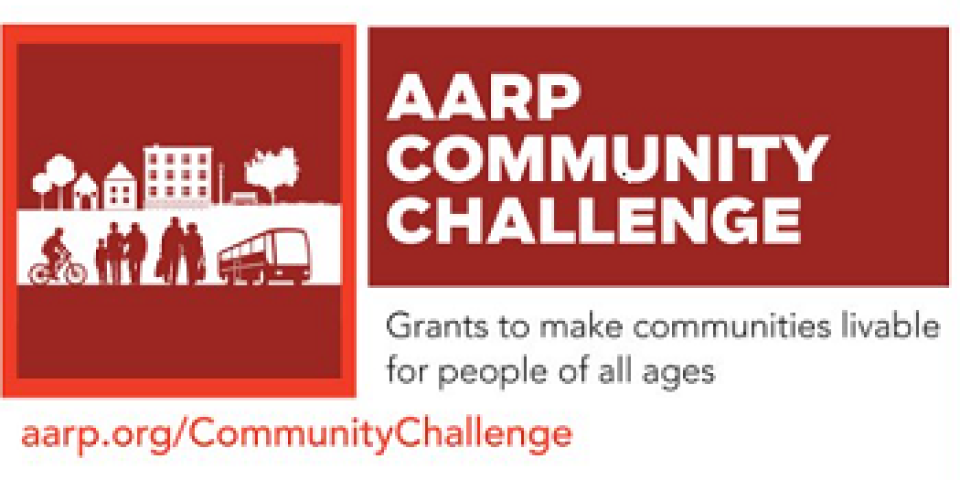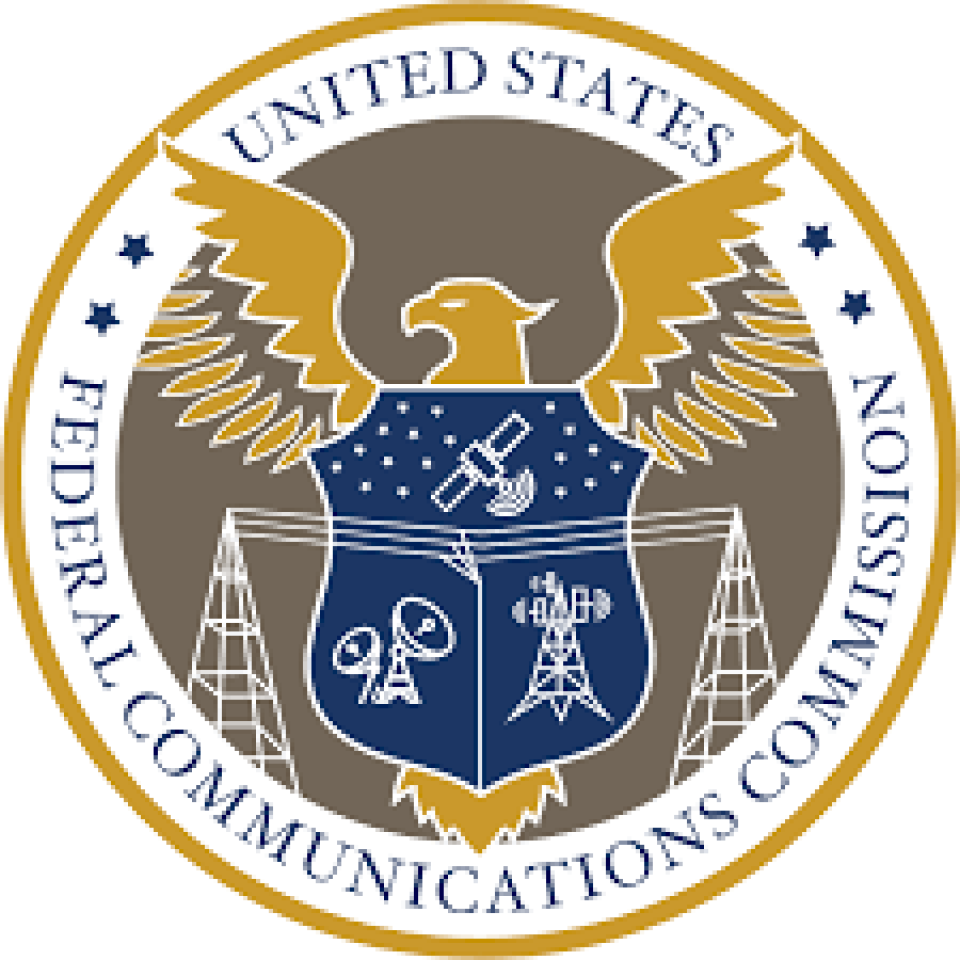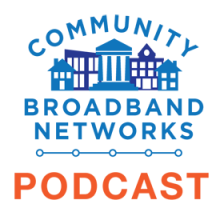
Fast, affordable Internet access for all.

As Los Angeles County officials work with community coalitions to improve high-speed Internet access in underserved communities across the region, the Digital Equity LA Summit last week focused on the challenges ahead. Front and center: urging state officials to fix the broadband priority maps the state will use to target where to invest $2 billion in state broadband grant funds with the state months away from receiving over a billion additional dollars from the federal BEAD program.
Organized by the California Community Foundation (CCF) and held on the University of Southern California (USC) campus, the summit brought together hundreds of digital equity advocates, state, county, and city officials; many of whom are part of a broad coalition (that includes ILSR) known as Digital Equity Los Angeles whose mission is to bring “equitable access to fast, reliable, and affordable broadband for every Angeleno.”
After morning introductions, Sanford Williams – Special Advisor to FCC Chairwoman Jessica Rosenworcel – gave the morning keynote address. Williams highlighted his work at the FCC and his new role as chief of the agency’s digital discrimination task force, which is charged with combating the kinds of digital discrimination brought to light by a recent Digital Equity LA study that found higher poverty neighborhoods in LA (which tend to be mostly made up of people of color) pay anywhere from $10 to $40 more per month than mostly white, higher-income neighborhoods for the exact same service.
Recent Success, Future Challenges
The summit started off on a high-note with an overview of the successes coalition members advocated for over the past year, including the formation of a new statewide coalition (the California Alliance for Digital Equity) and, to the chagrin of wireless providers, the veto of a proposed state law (AB 2749) – which Gov. Newsom said, if passed, would “undermine the last-mile grant program by creating additional delays in its implementation.”
AARP has announced it is accepting applications for its seventh annual Community Challenge grant program, a funding source for nonprofit organizations and governmental entities to apply for “quick-action” projects that make communities more livable and have the potential to seed long-term change.
Previous grant awards were given for a wide-range of initiatives, including a 2021 project that provided Wi-Fi, smart home devices, a computer lab and digital literacy programming for older adults in a public housing development in Jersey City, NJ; and a 2019 program to help bridge the digital divide and social isolation by funding a hotspot lending program that distributed 60 hotspot devices.
This year, two new grant award categories have been established in addition to the Flagship Grants awarded in previous years. The two new grant categories are Capacity-Building Microgrants and Demonstration Grants.

Applications are due by March 15. Grant award winners will be announced on June 28 for projects that must be completed by November 30.
Flagship Grants
The Flagship Grants range between several hundred dollars for smaller, short-term activities to tens of thousands of dollars for larger projects with an average grant amount of $11,900.
Last Friday was a major milestone in the process of moving $42.5 billion from the federal government to states to distribute mostly to rural areas to build new, modern Internet access networks. January 13th marked the deadline for error corrections (called challenges) to the official national map that will be used to determine how much each state will get.
As an organization that has worked in nearly all 50 states over the past 20 years on policies to improve Internet access, we spent the last few weeks struggling to understand what was actually at stake and wondering if we were alone in being confused about the process. Despite the stakes, almost no expert we talked to actually understood which challenges – if any – would fix errors in the map data before it was used to allocate the largest single federal broadband investment in history.
Update: On January 13th, Joan Engebretson confirmed in Telecompetitor that the location challenges deadline was October 30, 2022, and not Jan 13, 2023.

This article will explore what is going wrong with the distribution of that $42.5 billion, the mapping process, and continued failure of the Federal Communications Commission (FCC) to show competence in the broadband arena. And it offers ways to fix these important problems as every jurisdiction from Puerto Rico to Hawaii feels overwhelmed by the challenge.
The $42.5 billion guarantees each state $100 million and a large additional sum calculated proportionally based on the number of locations in each state that don’t have adequate high-speed Internet service. States that already made significant investments in better rural networks and made strides toward fast universal Internet access for all households - like Massachusetts - will likely not receive much more than $100 million, while extremely large states with many high-cost rural residents - like Texas and California - will receive billions.

This week on the podcast, Christopher is joined by Tamarah Holmes, Director at the Office of Broadband at Virginia Department of Housing and Community Development. Virginia is ahead of the game compared to a lot of the states in terms of its planning and proactive work with providers to achieve universal access in historically unserved and underserved areas. Tamarah talks with Christopher about how the state has done this, from working directly with providers on regional approaches, to layering grants to address high-cost areas, to mapmaking and database design.
This show is 28 minutes long and can be played on this page or via Apple Podcasts or the tool of your choice using this feed.
Transcript below.
We want your feedback and suggestions for the show-please e-mail us or leave a comment below.
Listen to other episodes here or view all episodes in our index. See other podcasts from the Institute for Local Self-Reliance here.
Thanks to Arne Huseby for the music. The song is Warm Duck Shuffle and is licensed under a Creative Commons Attribution (3.0) license.